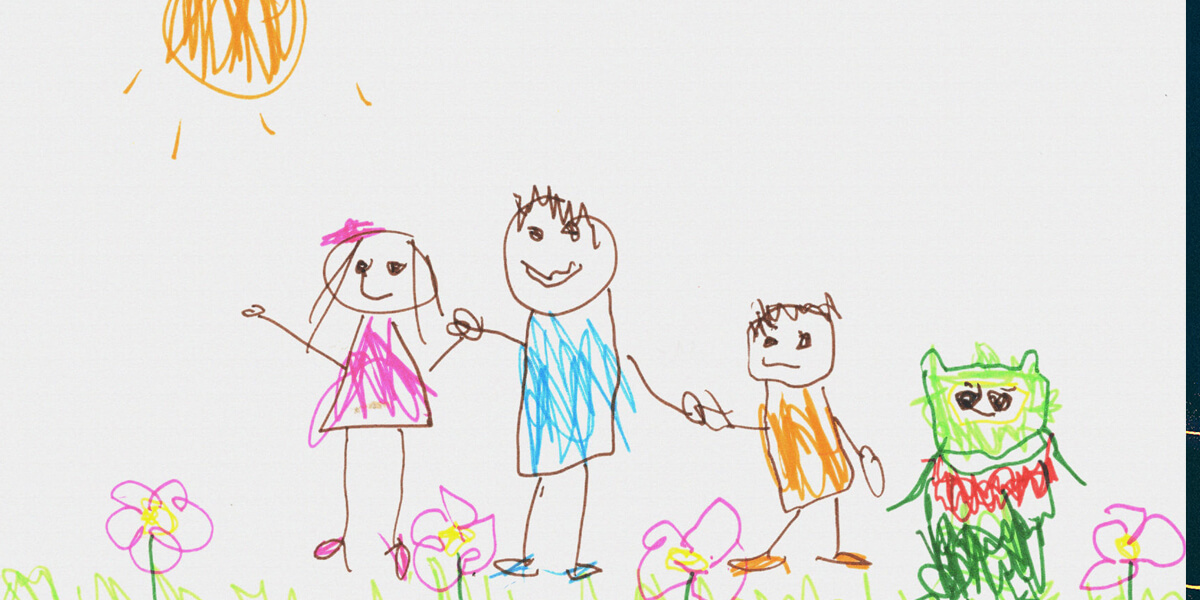
An ambitious USC study, led by Professors Maja Matarić and Gisele Ragusa, placed socially assistive robots in the homes of 17 children with autism for 30 days.
One day, in the spring of 2017, in a home in South Los Angeles, a robot named Kiwi stood on a table facing a child. Kiwi was a 2-foot tall green bird with felt feathers and a soft tuft of green hair. Its eyes lit up as soon as it spoke, its voice was childlike.
Across the table, a young boy played a game with the robot, travelling through space to solve math problems. A child-size tablet connected to the robot displayed the lessons. The robot tracked the boy’s gaze, giving positive feedback when he got an answer right. “Good job!” it said.
Despite the boy’s visible enjoyment, this game’s not just for fun. Along with math skills, the robot taught the boy a skill called joint attention—shared focus on an object, person, or event— that children with autism learn as part of their behavior therapy.
Published on June 13th, 2020
Last updated on May 16th, 2024











